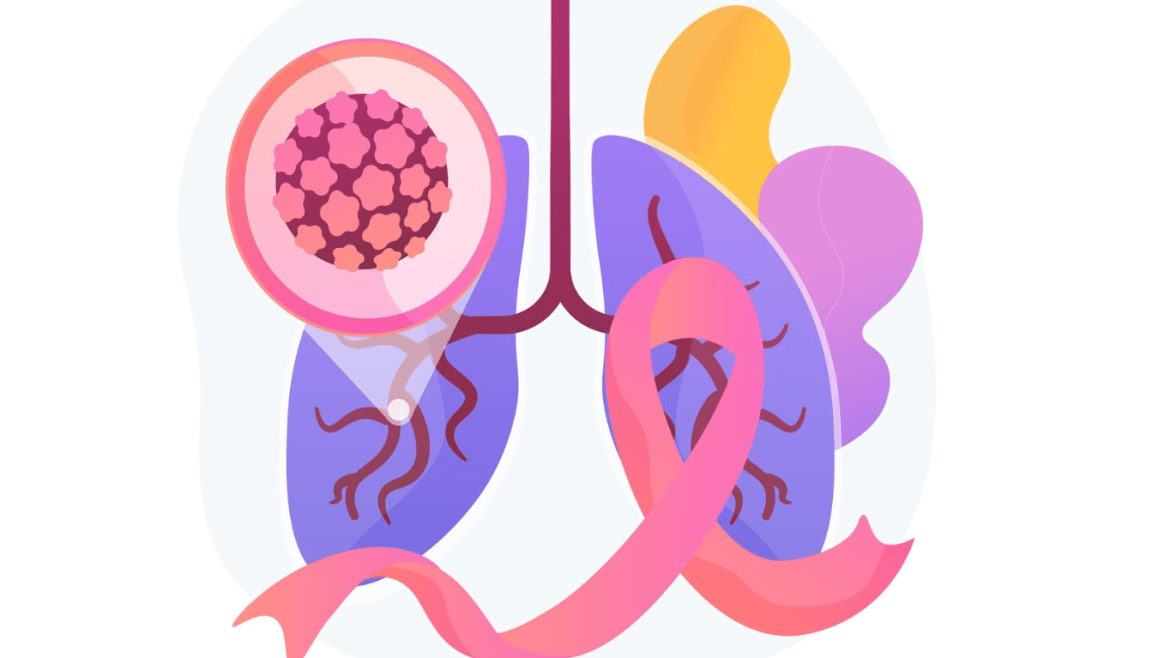19:53 (29.08.2023)
1737
Working nights leads to a higher chance of memory loss, experts warn
People on the night shift may run a greater risk of memory loss compared to those takin’ care of business during the day, a new study has shown.
Researchers at York University in Canada found that those working shifts outside the average 9 a.m. to 5 p.m. schedule were more prone to suffer from cognitive impairments, such as inability to think clearly, brain deterioration and behavioral changes.
The study, which gathered data on 47,811 adults and analyzed self-reported employment information alongside the results of cognitive function tests, was published this week in the open-access journal PLOS ONE.
“Findings suggest a potential link between shift work exposure and cognitive function impairment,” the experts concluded.
Working nights could lead to memory loss in middle-aged and older adults as those working late have 79% higher rates of cognitive impairment.
And while the overnighters may have been more likely to suffer from issues with memory, those on more regular hours were more likely to struggle with the ability to manage their own thoughts, emotions and actions.
Nearly one in five individuals (21%) are likely to engage in shift work during their careers.
The experts suggest that the disruption to a person’s circadian rhythm caused by shift work is likely causing these detrimental impacts to people’s cognitive function, especially in middle-aged and older adults.
Every cell in the body operates on a circadian clock, an internally driven 24-hour rhythm that often runs longer than 24 hours. It resets every day by the sun’s cycle but can be disrupted by too much or too little sunlight exposure — a common issue for shift workers.
A person’s circadian clock sets the timing for many important bodily functions including sleep cycles, hormonal activity, body temperature rhythm, eating and digesting.
Every adult should be tucking themselves in for at least seven hours a night, according to the Centers for Disease Control and Prevention. It’s estimated that nearly half of Americans are sleep-deprived.
Offsetting the body’s circadian rhythm has been associated with a higher risk of a multitude of health issues including chronic diseases, depression, obesity, Type 2 diabetes, cardiovascular problems and headache disorders.















